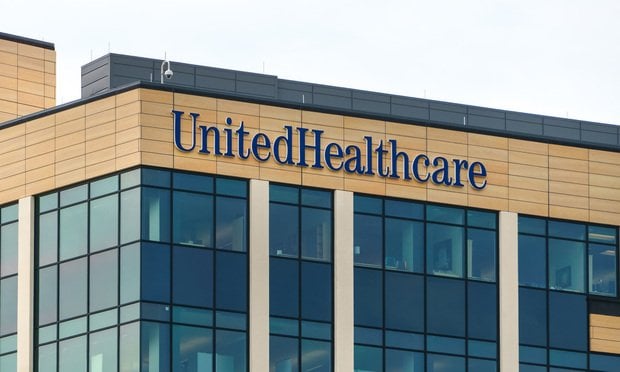About The Author

Lynn Varacalli Cavanaugh is Senior Editor, Retirement at BenefitsPRO. Prior, she was editor-in-chief of the What's New in Benefits & Compensation newsletter. She has worked for major firms in the employee benefits space, Vanguard and Willis Towers Watson, as well as top media companies, including Condé Nast and American Media.
CONNECT WITH THIS AUTHOR
Market Insights
1 in 4 millennials expect to live 30 years in retirement, yet fall short of saving enough
June 02, 2025
June 02, 2025
May 30, 2025
May 30, 2025
Commentary
Private assets and crypto in 401(k)s: Are plan sponsors ready for this new retirement landscape?
May 29, 2025
May 28, 2025
May 27, 2025
Trending Stories
- 1Supreme Court rules 6-3 for Affordable Care Act 'free' preventive care selection panel
- 2House committee approves two employer health benefits bills
- 3New UnitedHealth CEO reshuffles leadership at key Optum health division
- 4Senate official cripples $250B in health program cuts in 'Big Beautiful' tax package
- 5UnitedHealth joins growing trend, RTO mandates increased for hybrid employees










